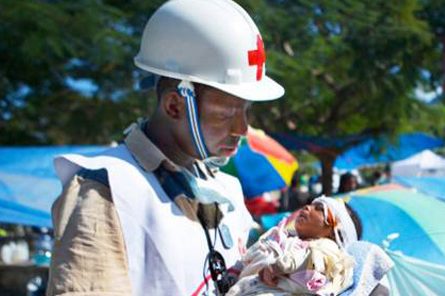“The 1994 Human Development Report introduced the idea of human security to the world stage. Since then, several countries—most notably Canada and Japan—have made attempts to integrate the concept into the international policy architecture. The Canadian and Japanese approaches to human security diverged significantly in their definitions, scope, implementation, and implications, leading to two separate streams of thinking within the United Nations, as described in an accompanying commentary on human security and the United Nations by Kazuo Tase. In 2003, the Commission on Human Security proposed a definition of human security that is now most frequently cited, arguing that the goal of human security is ‘to protect the vital core of all human lives in ways that enhance human freedoms and human fulfillment.’ The commission’s report gives equal weight to three complementary freedoms: freedom from want, freedom from fear, and freedom to live in dignity. Attempts to protect these three freedoms have guided Japan’s adoption of human security as a central pillar of its foreign policy making.”
Continue reading at Global Health Governance

